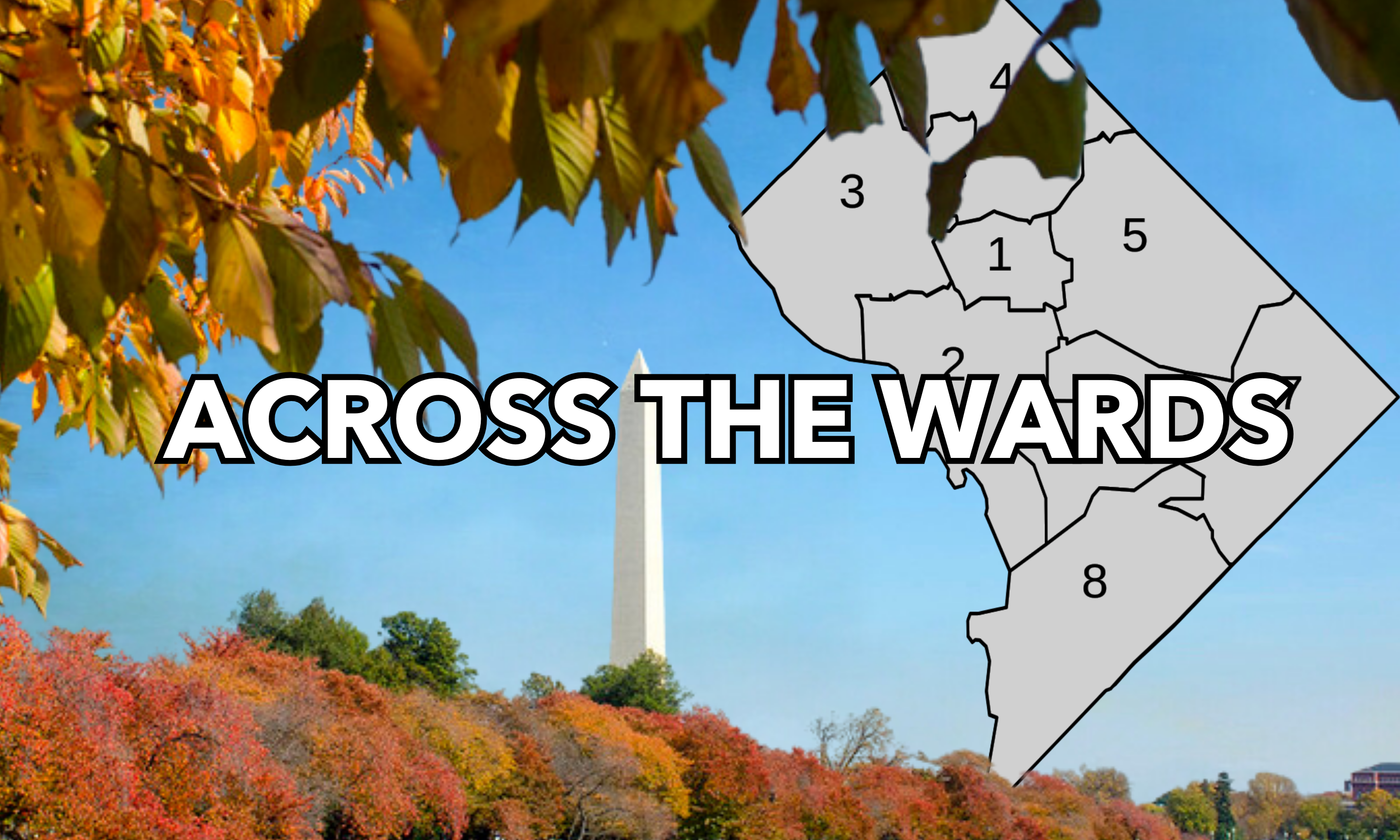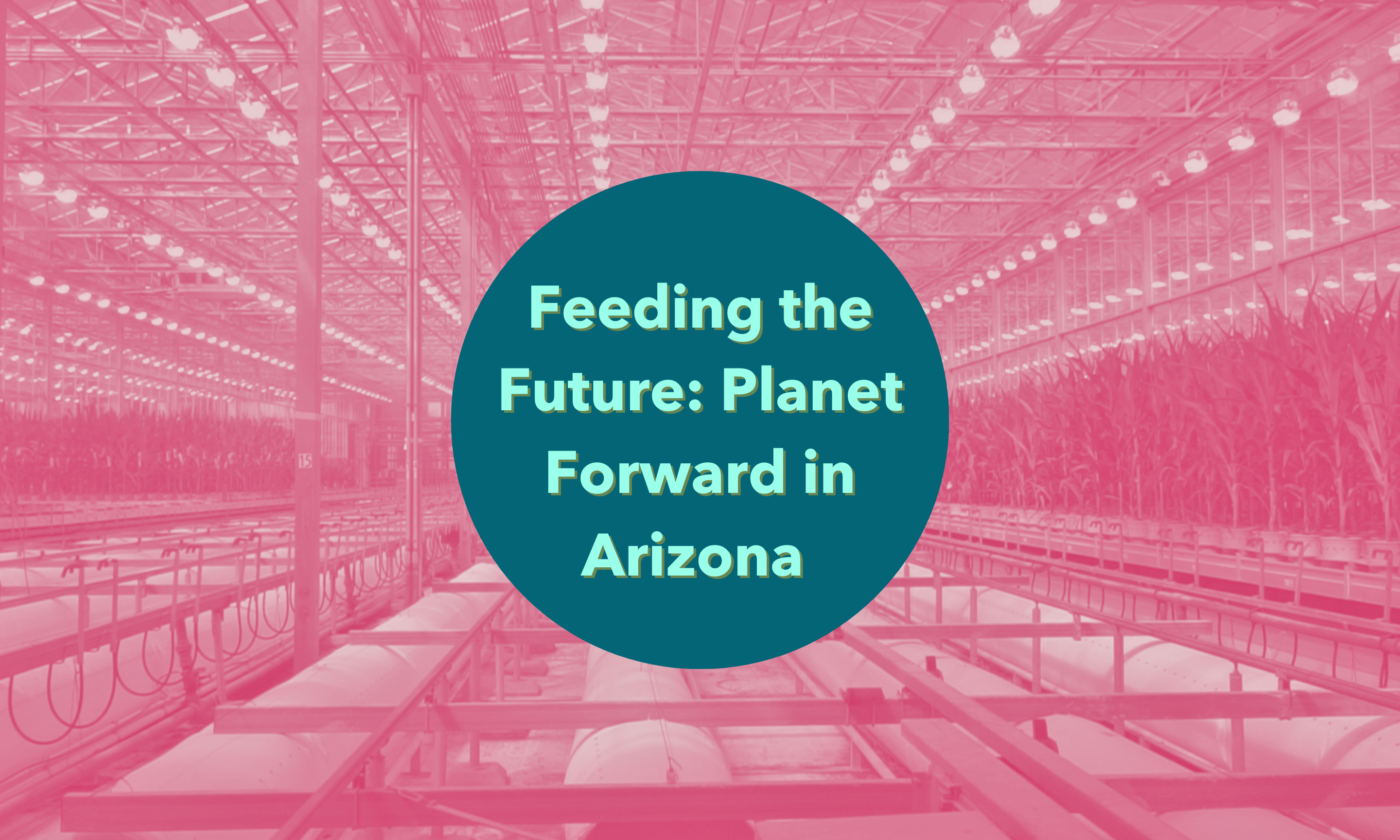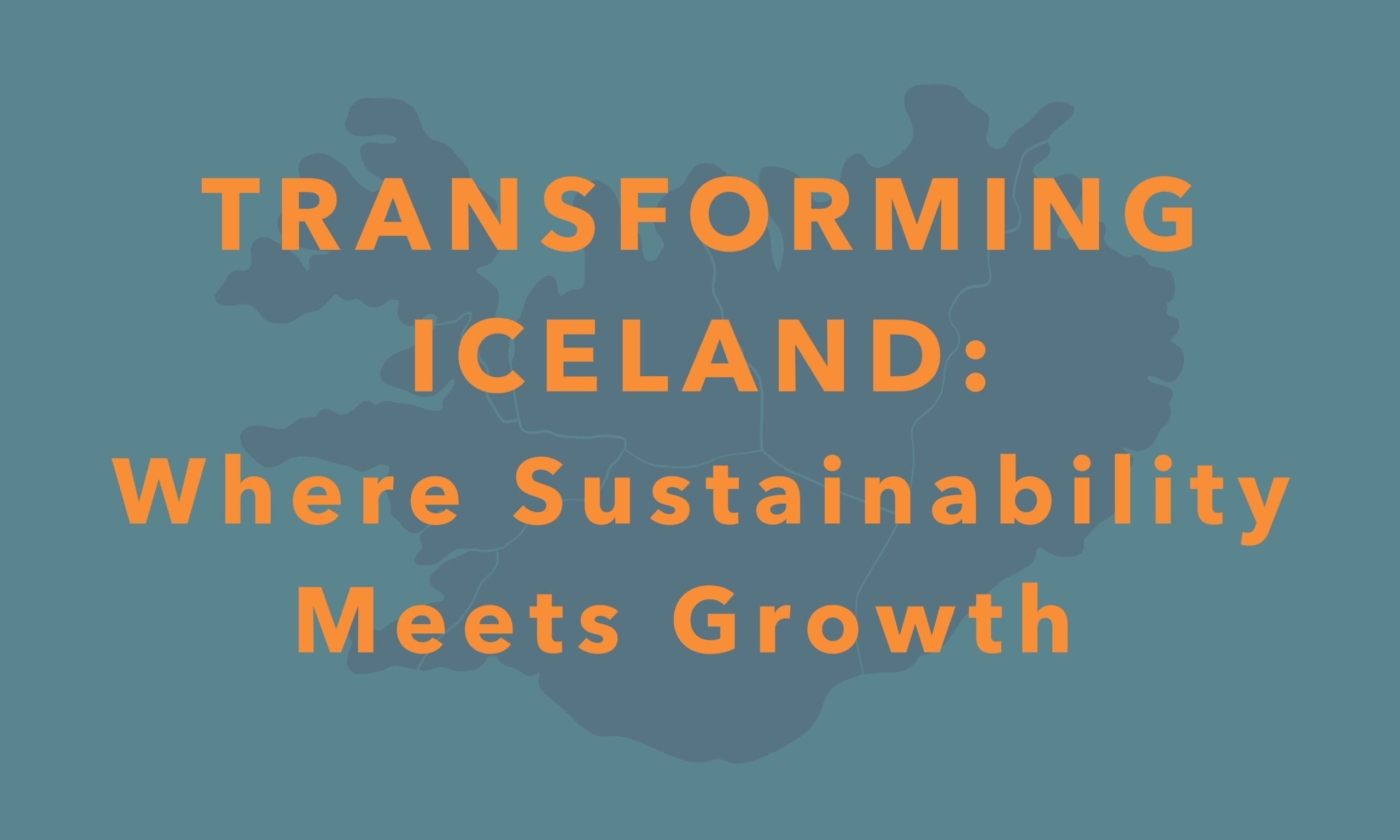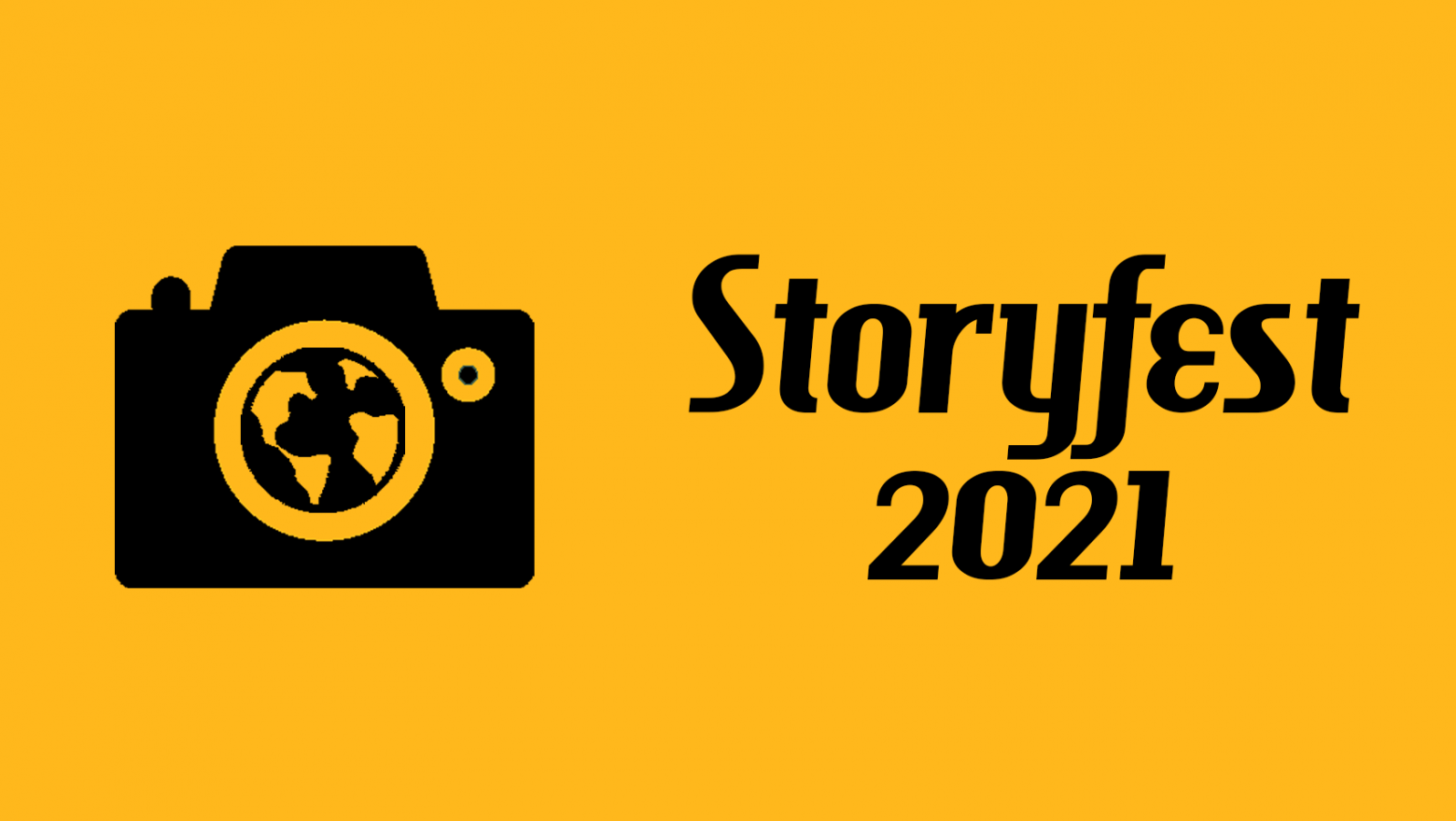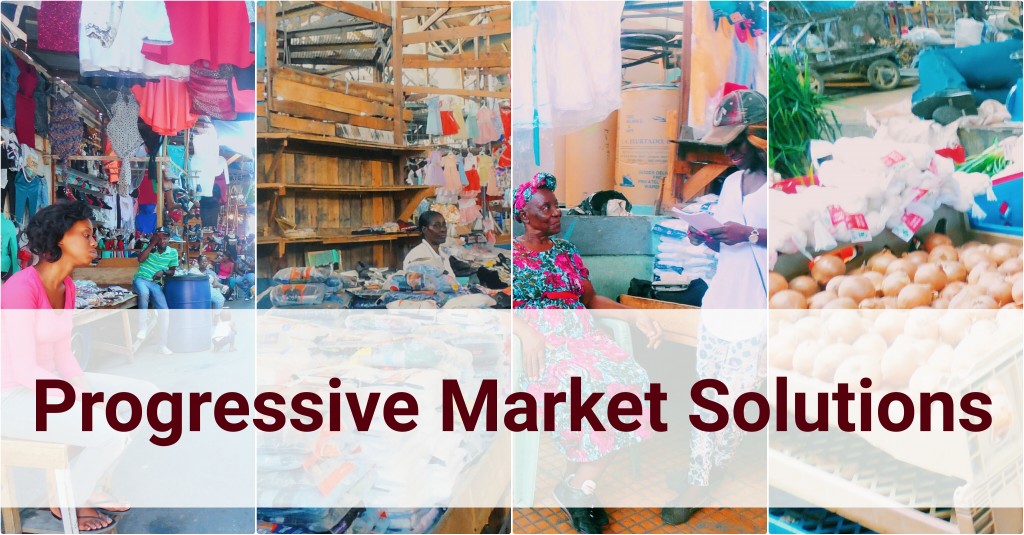
Progressive Market Solutions

 The world is in a tough situation right now. With issues such as poverty, population growth, climate change, inequitable food distribution, and so much more, we are constantly faced with the questions of how, just how will things get better for humanity. Due to the high concentration of people, urban areas are significantly affected by these problems. Urban areas are projected to contain 70% of the world’s population by 2050. However, the challenges of urbanization will not begin 34 years from now. They began well over a century ago. Many cities, as we know them today, lack sufficient security, infrastructure, and fair-wage employment for their citizens. Urban citizens are constantly struggling with how they can survive in this increasingly competitive globalized economy.
The world is in a tough situation right now. With issues such as poverty, population growth, climate change, inequitable food distribution, and so much more, we are constantly faced with the questions of how, just how will things get better for humanity. Due to the high concentration of people, urban areas are significantly affected by these problems. Urban areas are projected to contain 70% of the world’s population by 2050. However, the challenges of urbanization will not begin 34 years from now. They began well over a century ago. Many cities, as we know them today, lack sufficient security, infrastructure, and fair-wage employment for their citizens. Urban citizens are constantly struggling with how they can survive in this increasingly competitive globalized economy.
I want to take a step back for moment and paint a picture for you of what urban areas experience in the developing world. So, picture this a young girl, no older than 10 years old, wakes up at dawn, in the midst of the morning dew. She wipes her eyes, pushes back her curtains and observes her mother packing the ground provisions in the market bag. Their eyes meet and her mother yells, “Hurry up, my daughter, before we miss the early bus to the city.” Still dazzled, she throws on her shoes, wraps up her hair, and rushes to help her mother gather the rest of the goods. On the way to the market, they are seated on a crowded bus filled with people chatting religion, politics, and all sorts of topics. Her mother whispers to her, “Remember that it is Christmas season, so make sure you’re extra careful of all sorts of thieves and conmen trying to cash in on the season”. The little girl then peers out the window, as the bus makes its way down from the mountainside, through the trees onto the flat, urban capital of their region.
Once at the market, the little girl helps her mother to pack out the goods on a small wooden stall, located among dozens more of similar sizes. As she awaits the morning crowd, she overhears her mother talking to the other vendors about the latest shooting that took place in the neighborhood behind the market. A vendor located across from their stall, who has her goods spread out on a sheet on the gravel, says, “I heard that the young boy they shot, was the same boy that held up Mr. Brown’s fruit stall in the market last week.” Sandra laughs a deeply tragic laugh as she hears her mother say, “You’d think these crooks would know by now, how not to get caught.” The early crowd rushes in to begin their holiday shopping and all the vendors are toiling to bring consumers to their stalls. All the vendors are competing to get just one more sale. For that could make the difference between their children’s school uniform and books… or nothing at all.
The little girl’s mother made a few sales off her perfectly ripe fruits and vegetables, but she just didn’t manage to distinguish herself from the dozens of other vendors offering the same crop. The day is dwindling down and the crowd is starting to fade. Her mother decides to pack up early before the inspector comes around to collect the market fees. After buying lunch for herself and her daughter, she just didn’t make enough to afford to pay the inspector”. In the year that she has been in the market, some days she can afford it; but other days she has to leave just before the inspector gets to her stand. Today she has neither has the fees or an excuse to keep him from confiscating her goods. The little girl quickly and silently helps her mother pack up the remainder of the goods. She sees the disappointment and the hurt in her mother’s face and whispers to her mother, “Don’t worry Mom, I am sure we’ll have better luck in the other market tomorrow.”
You know, these sort of urban markets are present in almost every country in the world. In fact, according to the Organization of Economic Coordination and Development, 60% of the world’s labor force is employed in informal economies, such as urban public markets. This means that 60% of the world’s labor force is vulnerable to the challenges within these economies. That is an immense amount. Often, no consideration is given to the sector for the role it plays in supplying employment and maintaining some degree of socio-economic stability for low-resourced persons. Therefore, the sector is often left off of the agenda for development initiatives. The underdevelopment of public markets has left it and its participants vulnerable and low-resourced. As a result, urban public markets are plagued with issues like poverty, high-female participation, low-pay, transiency, and under-financing. As highlighted in the story, challenges such as over-saturation of suppliers and crime further the risks of operating in the market. We are late in the game of overcoming these problems, but it’s definitely not too late to turn things around.
My innovative proposal to addressing the challenges within public markets are to establish collaborative impact networks that facilitate the development of worker-owned co-operatives for vendors in public markets. Collaborative impact networks are networks made up of key agents that affect a group’s social mobility (e.g. government, NGOs, community leaders, etc.) who all work collectively to ensure positive social outcomes. In this approach the collaborative impact network would connect the worker-owned cooperative to resources needed for them to sustain themselves. A co-operative is a worker-owned business model built around protecting the interests of those who work in the business. The cohesiveness that these models exemplify creates a sustainable environment due to the mutual benefit of all involved. This approach takes us back to the most basic levels of social organization which is the community, and the quintessential value it suggests; responsibility for one-another.
Aside from the compelling moralistic pull that this approach radiates, there is a vast array of tangible benefits that all stakeholders in the approach would enjoy. For market vendors, they benefit from an increased social protection from unexpected financial shocks or sudden emergencies; where due to the nature of the model, their investment in the business is protected and business operations remain stable. For example, if the young girl from our story is sick and her mother cannot afford childcare for the day, the business in the market would not have to close down operations. It would be sustained by the other members in the cooperative. As the world’s population continues to grow expeditiously and as our resources increasingly stretches to sustain a greater number of people, a call for more collaborative and integrated networks of social, economic, and political organization becomes much more crucial to maintain stability and ensure the inclusion of the marginalized in development efforts. Public officials also
benefit from the increase in revenue from market fees and licenses, as well as the decrease in unregistered businesses and unregulated activities. The businesses in the formal economy benefit from the connections with retailers in the markets, where they can reach more consumers in the market. In this approach, the benefits of collective action is tangible and can be actualized by all stakeholders.
The transferability of this approach is what really makes it so neat! From India, to the Middle East, to South America, to Eastern Europe, these markets are born out of people’s natural creativity and instinctive need to survive in our world’s toughest economic conditions. This idea can conform into almost any social, cultural, or economic context and can easily be modified to target the needs of vulnerable populations in any particular region!
There is a need for us today to shift the way we view public markets, and its potential for development. Our world’s urban marketplaces have been overlooked for too long. Join me in my plight to revive the life of the marketplace, thus allowing its true potential as a flourishing economic hub to be recognized.






